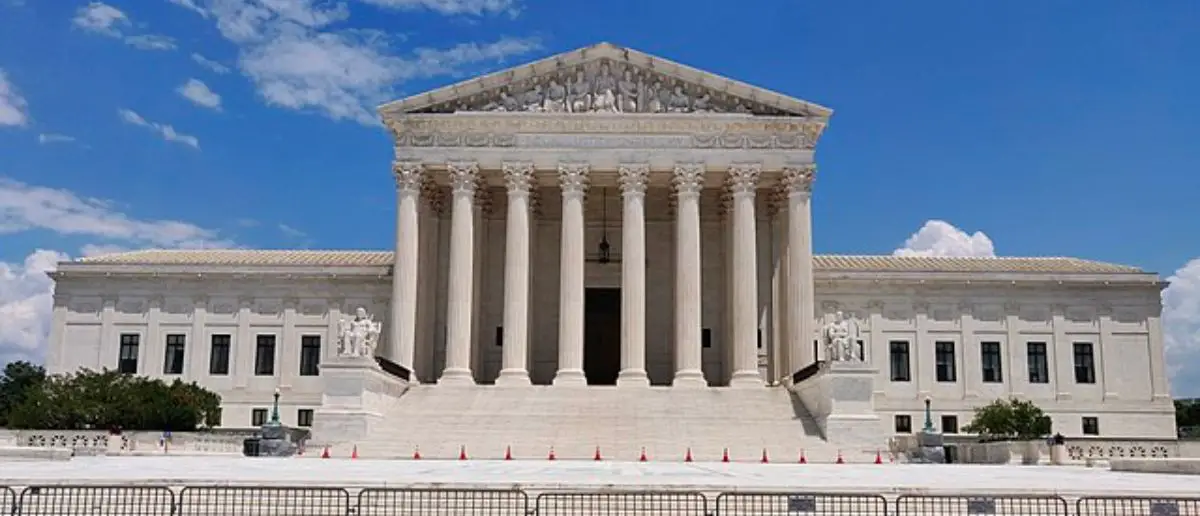
The U.S. Supreme Court has faced intense scrutiny in recent weeks. This won’t help at all.
Because a U.S. Supreme Court Justice has made a major error in a critical ruling.
In late June of this year, the Supreme Court finally struck down the practice of Affirmative Action for college and university admissions as unconstitutional.
This move was praised by millions upon millions of Americans because it’s obviously prejudiced to consider someone’s race at all in their application to higher education.
It should be based on merit alone and to argue otherwise is to be in contention with the U.S. constitution itself, which is what the Justices on the Supreme Court bench ruled.
But one of the Justices, Ketanji Brown Jackson, who dissented from the majority opinion gave some super odd reasons for dissenting.
Jackson’s dissent was hailed by radical Leftist extremists because it provided at least some hope of a return of Affirmative Action if future Justices could prove her points more clearly and use them as judicial precedence.
Justice Jackson first claimed that, without Affirmative Action, black people and anyone non-white will die more frequently now.
No, we’re not kidding, she actually made that claim in her dissent.
Secondarily, she says that black physicians are “more likely to accurately assess” the pain and medical situation of a black or non-white individual compared to white physicians and doctors.
Don’t believe us? Read part of her dissent below:
Jackson writes:
For marginalized communities in North Carolina, it is critically important that UNC and other area institutions produce highly educated professionals of color. Research shows that Black physicians are more likely to accurately assess Black patients’ pain tolerance and treat them accordingly (including, for example, prescribing them appropriate amounts of pain medication). For high-risk Black newborns, having a Black physician more than doubles the likelihood that the baby will live, and not die.
That’s pretty wild right? Of course it is.
Though, the error she’s making is trusting bad data that leads her to conclusions that are simply untrue.
Legal expert Jonathan Turley shared an article recently that exposed how problematic the data studies that Jackson cited are.
This led him to the conclusion that Jackson is making a major error in her dissenting opinion.
Turley writes:
However, critics object that none of the four studies cited by AAMC support that claim. They reportedly explore problems of Black patients in dealing with pain management, but do not examine the relative efficacy of doctors of different races. They further note that AAMC has pushed DEI policies, including the use of race in faculty appointments and admissions to medical schools. These claims are used to justify the use of race as a criterion.
Ultimately, as Turley points out, Jackson very well may have reached her conclusion with our without the data she used to poorly support her position.
But the problem is when Justices like Jackson get away with making statistically dubious claims that are in high-impact cases like the one over Affirmative Action.
Stay tuned to the DC Daily Journal.





